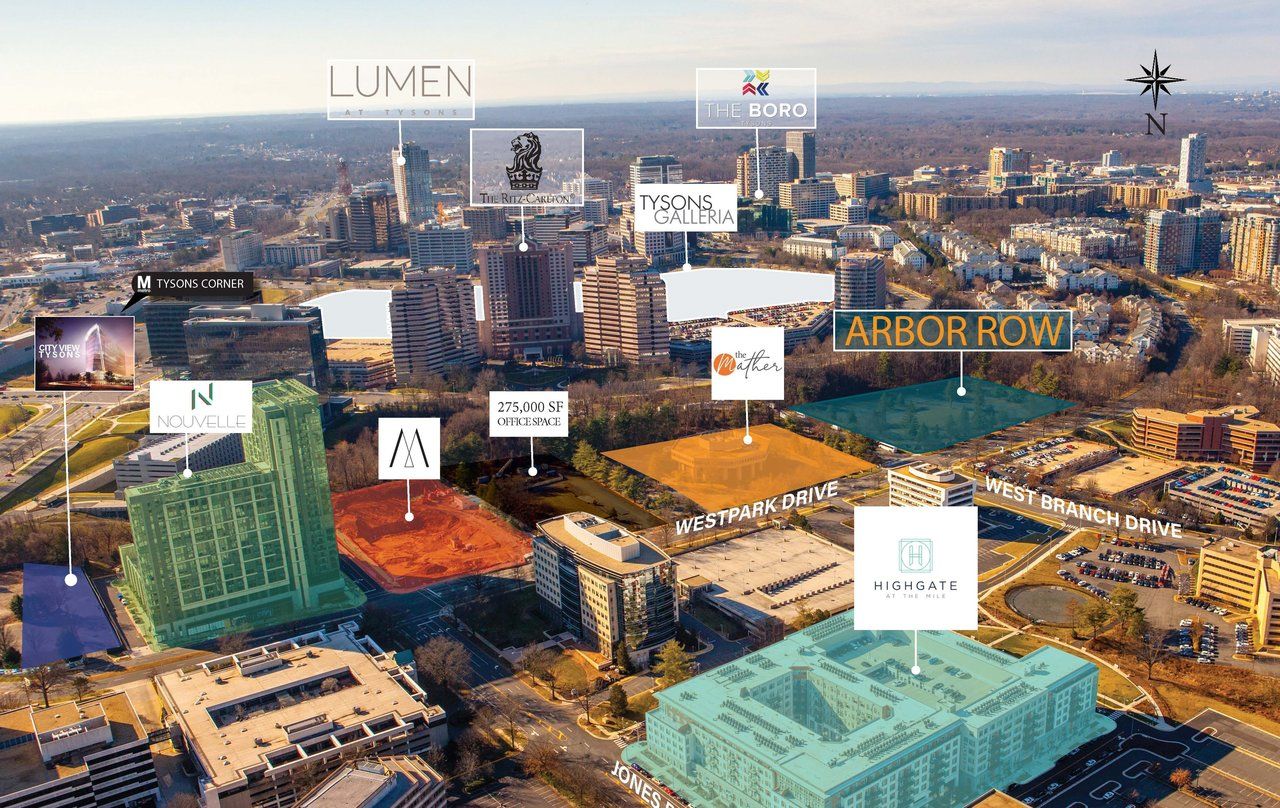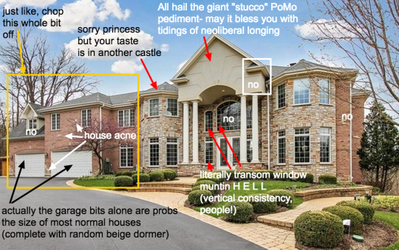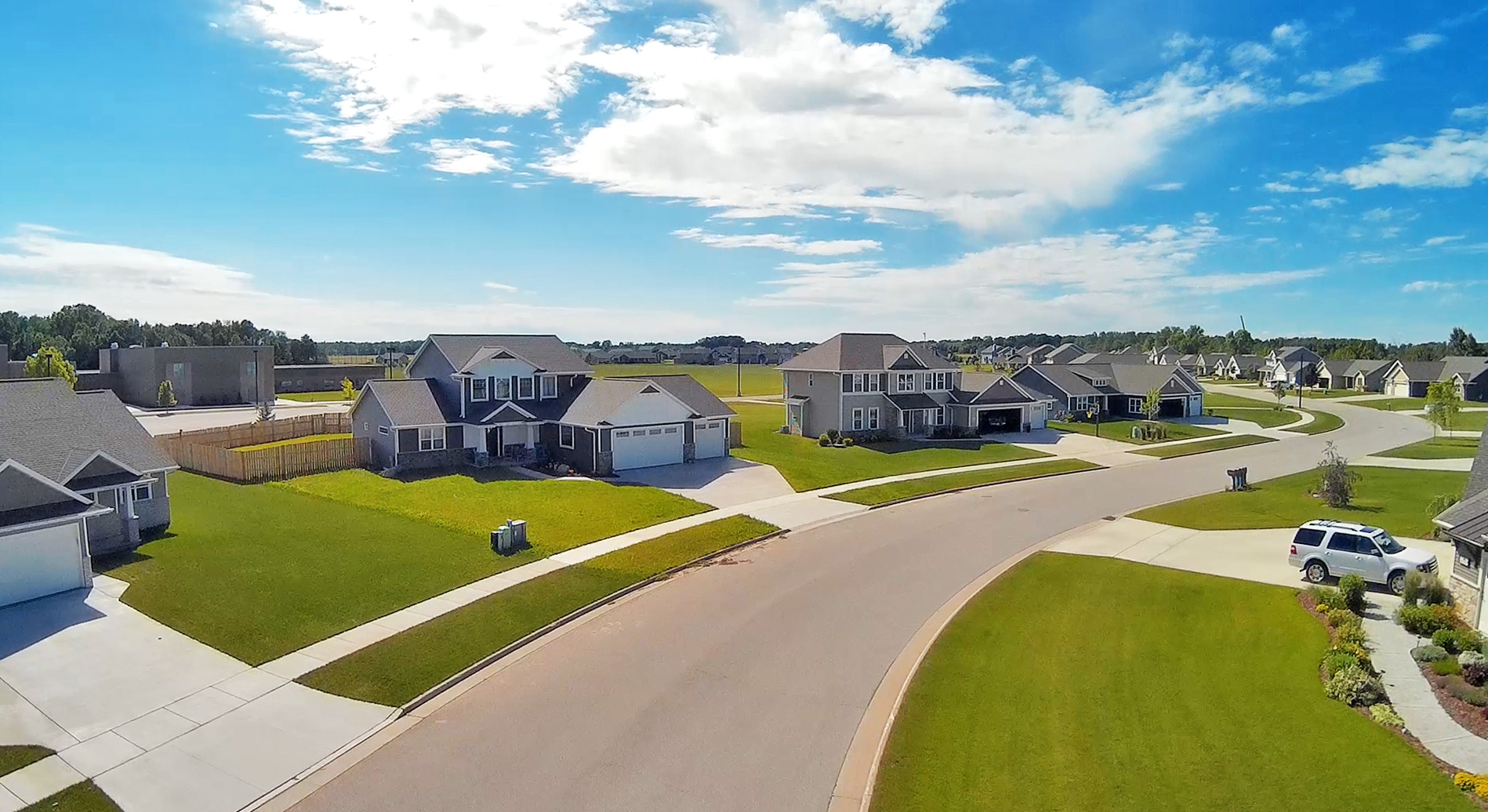i don’t know where you live, but my experience living in a ranch in rural america is that folks are out and about all day, over long distances, in large pickup trucks.Loner wrote: ↑Tue Dec 01, 2020 10:50 amAs for transports, getting around a lot by car is not a fatality. About 30 years ago, here, there was a good network of public busses going around the countryside towns. (It still is the case in many « third world » countries.) It got defunded. On top of that, one doesn’t *need* to go out regularly (to bars, dentists, doctors, barber shops, pharmacies, and wherever else urban folks apparently enjoy spending a lot of time). Countryside living doesn’t have to be energy intensive.
they also go to bars, dentists, barber shops, pharmacies, supermarkets, megastores (which are also teenage hangouts), the movies, etc. plus: the home depot, the car part store, the tractor supply, the feed store, the post office, etc.
village living is one thing, but rural america today is not organized around towns, but around exurban sprawl—walmarts and home depots and pepboys and dairy queens off the side of the highway where you must drive to them.
and also at least since the postwar, a lot of teenage life has been happening in cars, from cruising around in circles to drag races to accidental pregnancies. it’s already been brainwashed and stamped onto people as “progress” that walking is for losers.
last, remember that agriculture alone does not support this lifestyle, so many people commute to jobs.
eg see this farmer here:
so, we no longer have “country life” in the sense of a small town, walk to the general store, kids on bicycles. rural children now playnvideogames all day and get trucked to mcdonalds. this is what i’ve seen with my own eyes.https://www.producer.com/news/wheat-farming-new-mexico-style/ wrote:
Earning both wheat and cattle income from the same land is what keep things afloat, Fury said.
“If it weren’t for the cattle, if we were just strictly raising wheat and had the government programs, we would slowly
go broke.”
He generally has about 60 head of beef cattle, a holdover from the days when the four kids were at home and liked looking after the calves. But the farm’s moneymaker, year in and year out, is the dairy heifers, which are bought from local dairy farms at 300 pounds and then sold back to the dairies 18 months later as seven-month bred heifers.
While the cattle provide the bulk of his farm income, it’s the non-farm income that really pays the bills.
In the work yard on Fury’s farm, alongside the corrals, the machinery and the feed storage sheds, are piles of old highway guard rails, which Fury recycles and sells for the construction of cattle pens.
The guard rail business, which has its own website at www.usedrails.com, provides about 50 percent of the family’s net income. Cathy’s job as an educator in a nearby town also makes a vital contribution to the family finances.





